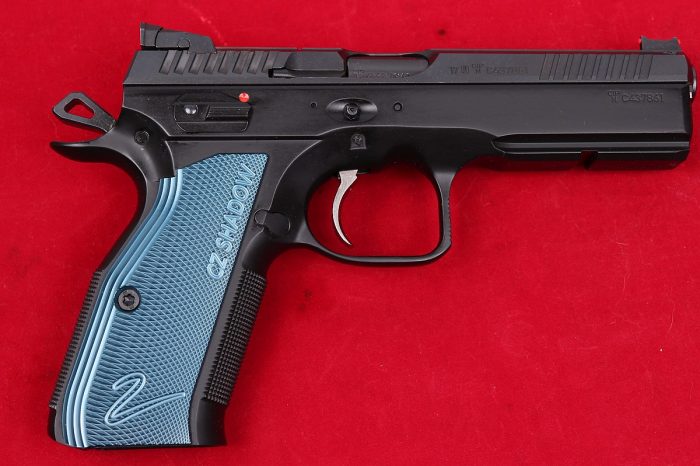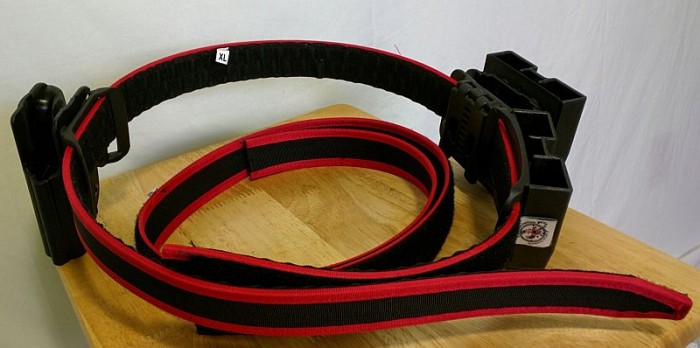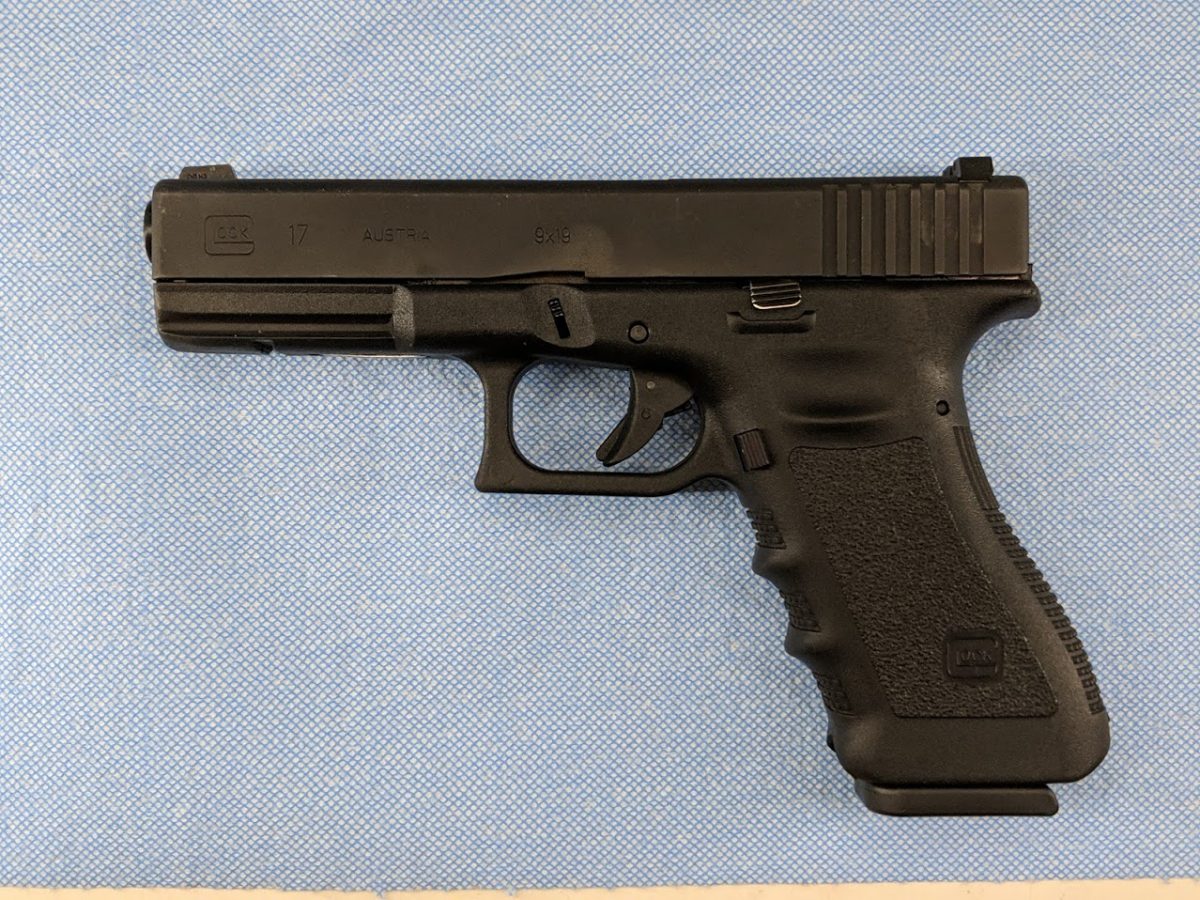JT has announced a “freeze” on handguns in Canada. Most of our crime handguns are smuggled in from the US and it’s stupid legislation but that’s not what I want to write about in this article.
Yesterday, thousands of Canadian RPAL license owners bought their first handgun. This article is going to go over tips and help guide those new handgun owners.
Hopefully your first handgun:
- Uses a common cartridge like 9mm or 22LR
- Can be used in competition like IPSC or IDPA if you ever want to do that
- Is a common platform that will have parts available in the future should anything break or wear out
If you haven’t bought anything yet, these are all solid choices:
- Glock
- CZ Shadow 1 or 2
- Sig P320
- 1911

Note: most gun stores are almost out of handguns. You may not be able to get the gun you want.
Paperwork
If you bought from a store, they’ll handle the transfer automatically on their end (provided you gave them your PAL # when you bought). Once the transfer is approved, they’ll mail you the gun or if you’re local, let you know you can pick it up.
The registration certificate is going to come some weeks (or months if they’re really backed up) later. You need that reg cert to take your new handgun to the range so sit around and wait. Once you get that cert, laminate it and stick it in your range bag.
Associate Range Memberships
In most provinces, you will be required to have a range membership to purchase handguns. Associate memberships get you a membership to a range, but they do not mean you can just roll in to the range for free. It just covers you for your RPAL requirements. If you’re cheap, this is the way to go as associate memberships vary between $50-100. Silvercore is one such associate membership provider and you even get insurance through it.
What to look for when picking a shooting range
While there are public ranges that anyone can drop in to for a fee, most shooters opt to become a member at a range. Typically, your membership fees cover unlimited range usage.
If you want to become a member of a range, there are a few things to look for:
- Indoor vs outdoor is your preference. Indoor are usually more expensive but are nice to shoot in the Winter.
- A short commute (if you’re in a city, this is probably not in the cards. Many good ranges are FAR from civilization)
- A busy calendar with lots of handgun competitions is GOOD because shooting a handgun standing still at a shooting line is boring
- Look for active IPSC, IDPA, 3 gun, or other competitions
- Look for clubs with more casual “weeknight shoots” that take drop ins.
- Short range bays. Shooting a pistol at targets 50 meters away is kinda hard and not what pistols are intended for. Pistol-friendly clubs will have short range bays and/or movable target stands that can be put up closer
- Some indoor ranges have motorized target holders that can be set to different distances.
- The range rules allow for holster carry
- No “no rapid fire” rules or other lame fudd rules
Note: Just because it’s a competition, doesn’t mean that you have to be any good to go to them. Competitions are safe events where we can run around and shoot on the clock. Start competing early because you’ll meet great people and have a ton of fun!
Some ranges will have open membership where anyone can apply, others are closed and some may require you to be referred from an existing member.
If the range requires a referral you have to find your sponsor. Go to a public match at the range or pop on Facebook/Reddit/Discord and do what it takes to meet people and find someone to sponsor you.
Read the range rules and familiarize yourself with range etiquette. Don’t get kicked out because you did something stupid or unsafe.
Transportation to a Range
NO KEYED LOCKS!
Save yourself some pain in the ass now: don’t buy keyed trigger locks or case locks. You need a combo trigger lock, something low profile so it’ll fit in your factory pistol case, and you’ll need a combo cable lock that’ll lock your case. You can buy these off Amazon or eBay for CHEAP.

Get a basic shooting bag (eg) that you can dedicate to range use. Put your paperwork in there, as well as your mags, ammo, eye protection, ear protection, etc.
Kit for Competition

If you want to get into some shooting matches, you’ll need some basic kit.
- A holster (don’t get a shitty “fit all” textile holster)
- A stiff belt (Double Alpha)
- Some mag pouches (Ghost 360 pouches are cheap and good)
Buy ammo in bulk when you find good deals. If you buy it for a box of 50 at a time from your local shop, you’ll be paying a lot more per round. If you purchase 9mm a thousand at a time, you’ll get better deals. These deals may be online but make sure shipping is either free or that you account for it.
Get Training
To start with, you’re going to suck. Yeah, you play a lot of video games but somehow that just doesn’t translate to great accuracy at speed.
Take a handgun fundamentals course local to you. These are not standard across the country so you’ll need to look for reviews or referrals to see if they’re any good.
Take your IPSC Black Badge. These are fairly standard across the country but they focus more on rules of IPSC than they do on handgun fundamentals. Great if you want to go that way anyways.
Enjoy it while it lasts
That’s not a defeatist attitude to take: I want you to enjoy your property to its fullest. Go to those handgun matches, shoot an IDPA or IPSC match, go to the Thursday night fun shoots, and enjoy.
